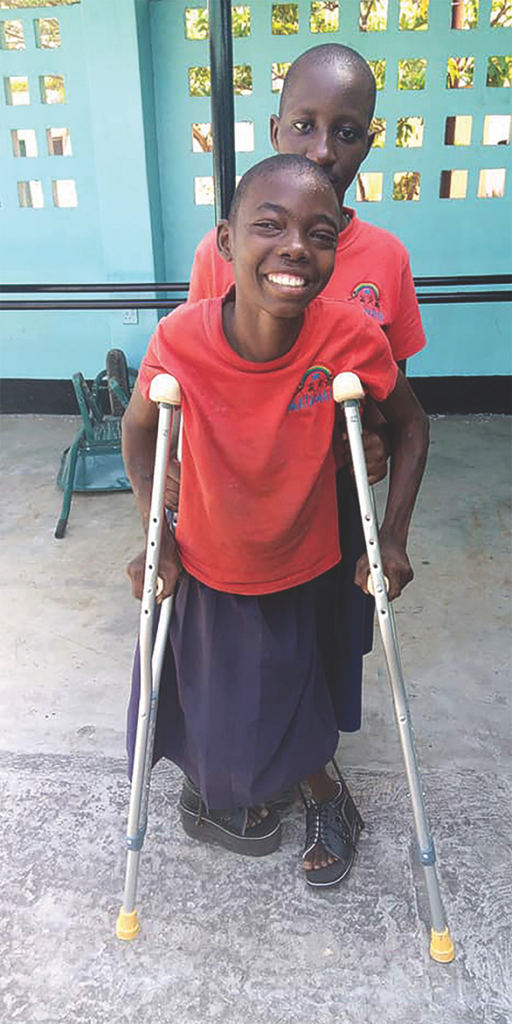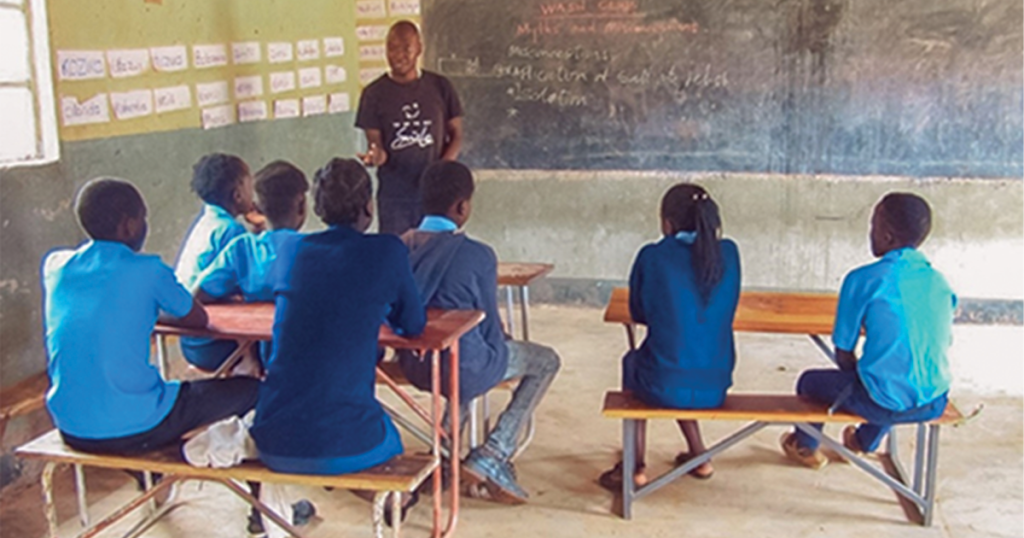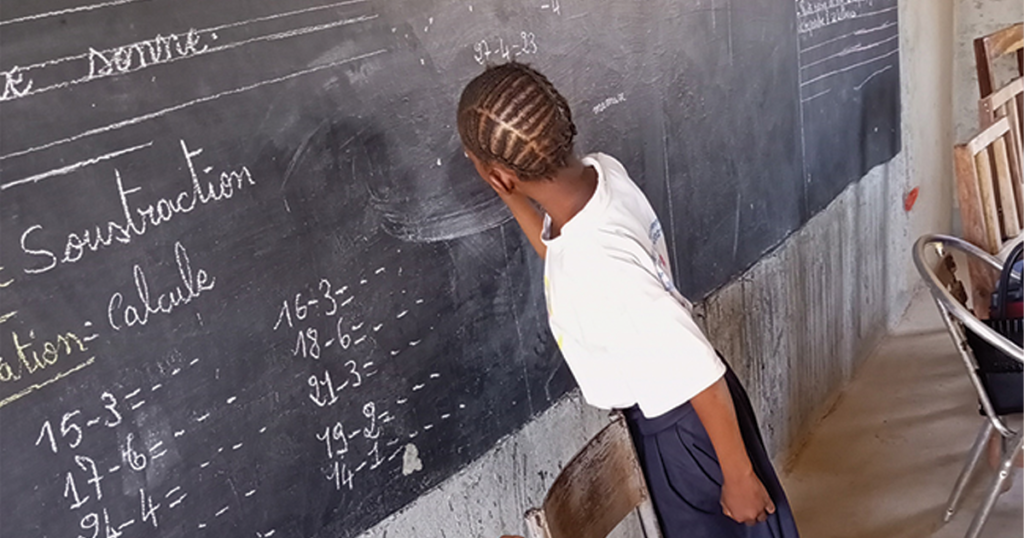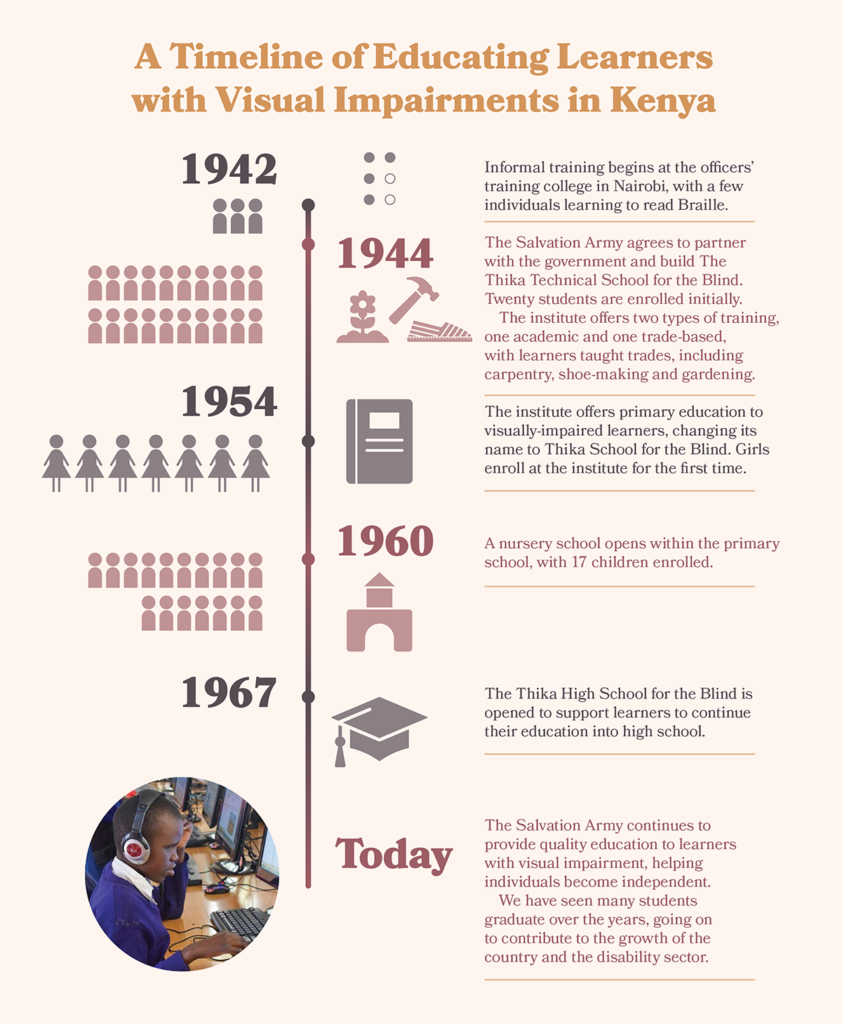Education for the Most Vulnerable in Africa
Based on a report from IHQ Communications.
Tanzania: MATUMAINI SCHOOL
Matumaini means “hope” in Swahili. Since the school started in 1967, it has been providing education and hope to primary school children living with physical disabilities and albinism. The school is run by the Tanzania Territory with generous support from other Salvation Army territories.
The school’s main aim is to support children with special needs who have historically been undervalued and kept from education because of their disabilities. It currently has a total of 210 students, 100 girls and 110 boys, enrolled from all over the country.
As well as providing primary education, Matumaini School is also dedicated to improving the health of the children through physical therapy and surgery when needed. The onsite orthopedic department provides specialized devices such as orthopedic calipers, shoes and crutches.
Children learn new things outside of the classroom too. Recent study tours have included trips to Makumbusho historical camp and South Beach in Dar-es-Salaam. During a weekly study tour, pupils have a chance to socialize with students from Tanganyika International School.
COMMUNITY INVOLVEMENT
Matumaini School is embedded in and supported by the local community. Parents pay 100,000 Tsh (approx. $40) per year in school fees and contribute 3 kg of soap per student. Local churches, businesses and other donors offer different in-kind gifts, including clothes, shoes, school bags, sweets and juice, while universities and colleges provide volunteers and work experience students. Representatives from the school have been invited by the police to speak on children’s security rights.
Students at Matumaini School still face many social challenges. Some children have been abandoned by their parents or guardians. Sometimes, fathers have run away after learning of their children’s disabilities, leaving mothers to provide care alone. The underlying issue is poverty, which exacerbates gender inequalities.
There are many students across Tanzania who would benefit from a chance to study in Matumaini School, but resources are limited, and a lot of children remain at home without education.

Zambia: HYGIENE SUPPORTING EDUCATION
In Zambia, a Salvation Army Water, Sanitation and Hygiene (WASH) project is supporting children to stay in education.
Menstrual periods are one of the primary causes of school absence among girls. As well as supporting good sanitation and general hygiene in schools, the Salvation Army WASH project also promotes effective menstrual hygiene management. Girls benefit from better health and well-being and are less likely to drop out of school.
The project has also been essential in promoting gender equality by building girls’ confidence to attend school and dispelling menstruation myths, which decreases discrimination among peers, particularly boys.

Mali: SCHOOL SPONSORSHIP
Mali is a country with a low literacy rate. Many children miss school from an early age, often because their parents cannot afford to send them or because they are forced to work from as young as six.
Women’s Ministries in The Salvation Army’s Mali Region are working to change this. Disadvantaged children from three local areas are given the opportunity to start or continue their education with financial support to cover their school fees.
Now in its second year, the project is going well, with most of the children still in education and making good progress. The local Salvation Army is now looking to mobilize more funds to extend the project to more children on the waiting list.








